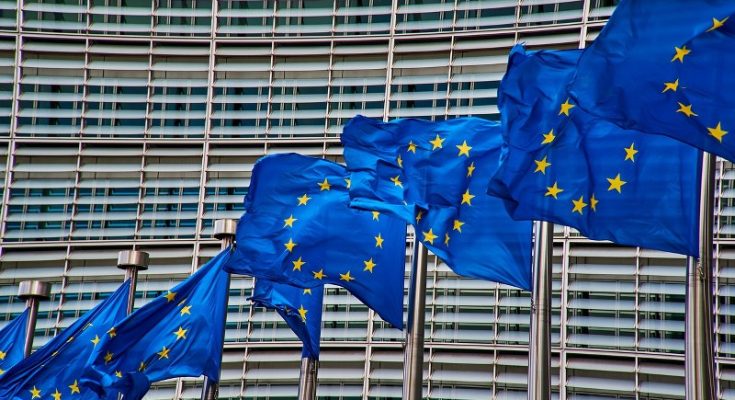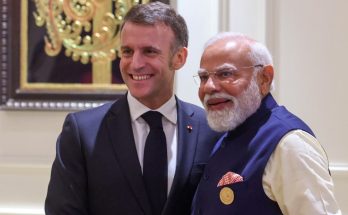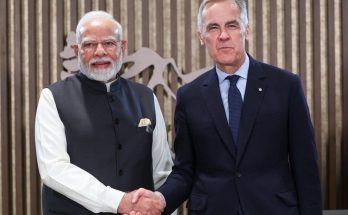#EU, #EuropeanCommission, #EV, #ChineseEV, #Tariff, #EUTariff
Brussels/IBNS-CMEDIA: The European Union plans to proceed with imposing major tariffs on Chinese-made electric vehicles, the EU executive announced on Friday, despite opposition from Germany, the bloc’s largest economy, Reuters reported.
This move highlights a division within the EU over its biggest trade dispute with Beijing in a decade.
The proposed tariffs, which could be as high as 45%, would add billions of dollars in costs for carmakers importing vehicles into the EU and are set to be enforced for five years starting next month.
The European Commission, responsible for the bloc’s trade policy, stated the tariffs are intended to counteract what it considers unfair Chinese subsidies, following a year-long anti-subsidy investigation.
However, it also noted that discussions with Beijing would continue.
One potential compromise could involve setting minimum sales prices.
In a crucial vote on Friday, 10 EU members supported the tariffs, five opposed, and 12 abstained, according to EU sources.
Blocking the proposal would have required a qualified majority of 15 member states, representing 65% of the EU’s population.
France, Italy, and Poland were reportedly in favor of the tariffs.
Germany, the EU’s largest economy and a key car manufacturer, voted against the proposal, sources said.
The EU executive confirmed it had secured “the necessary support” to adopt the tariffs, though it remains open to continued negotiations with Beijing to seek an alternative solution.
Friday’s vote highlighted divisions over the EU’s trade relations with China.
Some nations are pushing for a tough stance against what they perceive as excessive state subsidies, mindful of the EU’s failure to impose tariffs on Chinese solar panels a decade ago, which led to China securing over 90% of the EU photovoltaic market. Others, however, prefer to attract Chinese investment or fear escalating into a trade war.
In apparent retaliation, Beijing has already initiated investigations into imports of EU brandy, dairy, and pork products this year.
China’s Commerce Ministry strongly opposed the planned EU tariffs, labeling them as “unfair, non-compliant and unreasonable,” and in violation of World Trade Organization rules. China has also filed a challenge with the WTO.
Hungarian Prime Minister Viktor Orban remarked that the EU was heading towards an “economic cold war” with China.
Despite this, France’s PFA car association supported the tariffs, noting that while it endorses free trade, it must also be fair, said the report.
Over the past five years, the EU’s approach towards China has toughened, recognizing the country as both a partner in some areas and a competitor and systemic rival in others.
According to the Commission, China has a surplus production capacity of three million electric vehicles (EVs) per year, which is double the size of the EU market.
With 100% tariffs already in place in the United States and Canada, Europe is the most likely destination for these surplus vehicles.
As part of ongoing discussions with China, the Commission could reconsider a price undertaking, which would set a minimum import price and typically involve a volume cap.
For example, Volvo Cars, majority-owned by Geely, hopes to avoid steep tariffs on its China-made EVs by negotiating an agreement on pricing.
The EU’s proposed tariffs range from 7.8% for Tesla to 35.3% for SAIC and other companies that were found not to have cooperated with the EU investigation.
These tariffs would be in addition to the EU’s standard 10% import duty on cars.





